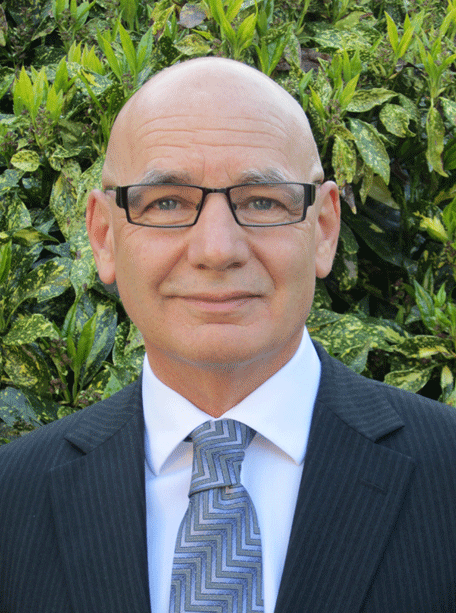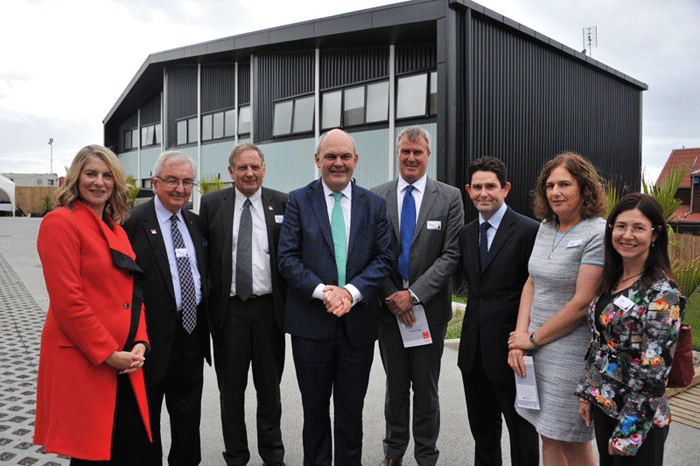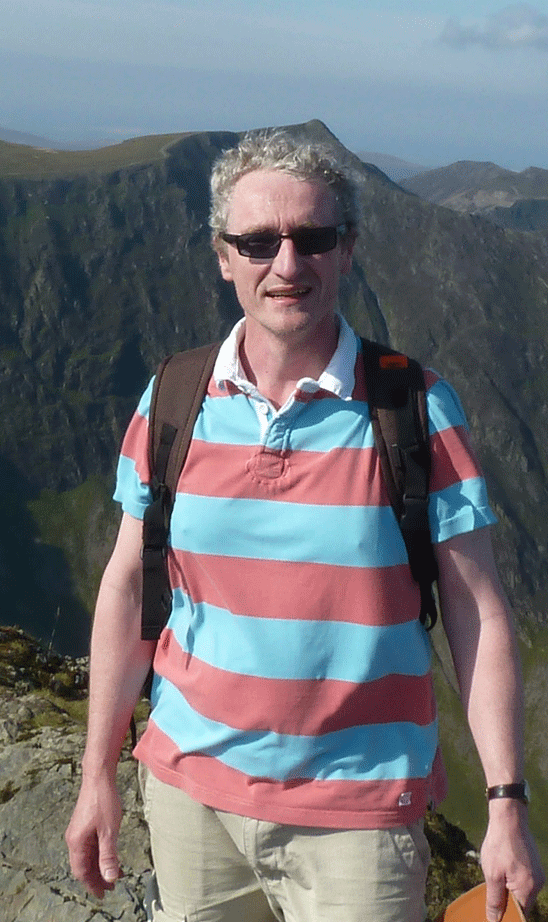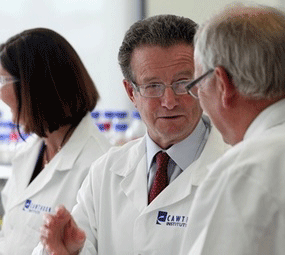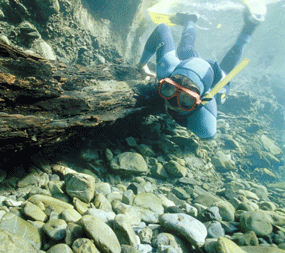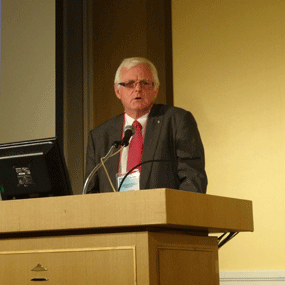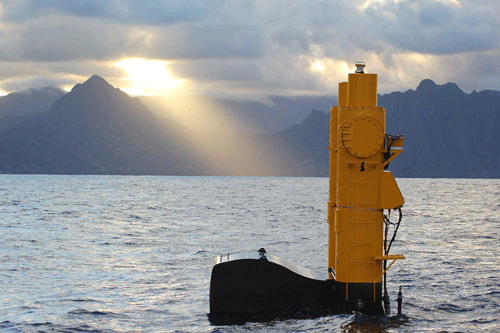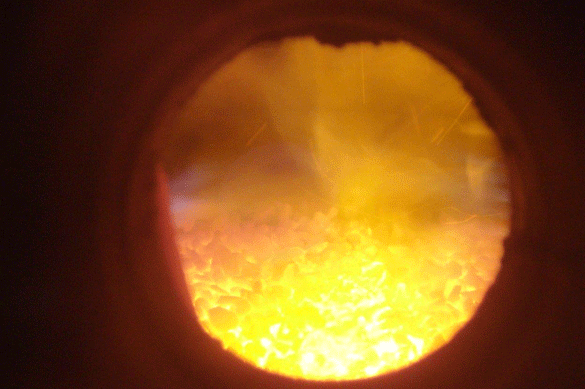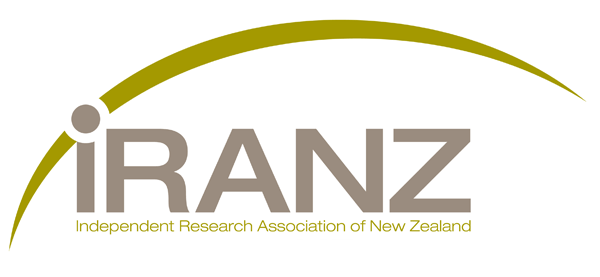|
IRANZ applauds Government’s ongoing commitment to increase, year-on-year, its research and development investment to drive growth in business investment in R&D and to create a thriving independent research sector. The funding increases announced in Budget 2016 will raise investment in science and innovation by 15% by 2019/20. We are very pleased to see new funding of $113.8 million over four years to grow the “Endeavour Fund” because of the increased opportunity it provides for independent research organisations to compete for funding to pursue new research ideas and collaborations. Without this investment the amount of competitive funding would have continued to trend downwards.
There is a very real risk that under current investment settings, high-impact strategic environmental research based on established scientific methods will not be funded from competitive funding pools. We hope that the Strategic Science Investment Fund (SSIF) announced in Budget 2016 will provide opportunity for Independent and Crown research organisations alike, to obtain funding for such research. IRANZ is committed to working with MBIE officials on the detailed design of the SSIF to help ensure that programmes funded by it are genuinely strategic and backed by a sound, strong business case.
It is good to see that the existing $25 million for Regional Research Institutes will increase to $65m, with three proposals already shortlisted. The Independent Research Organisation model has been adopted as a basis for the new institutes, which will be great way of engaging the businesses and local communities in strategic research capabilities.
The Budget builds on the National Statement of Science Investment (NSSI) released last year. One of the NSSI elements was for the Government to support businesses in increasing their investment in R&D, with the aspirational goal of doubling business and enterprise research to well above one percent of GDP. IRANZ is keen to work with government and businesses to ensure a thriving independent research sector plays a key role in achieving this goal.
Dr John Bright
IRANZ Chair
|

